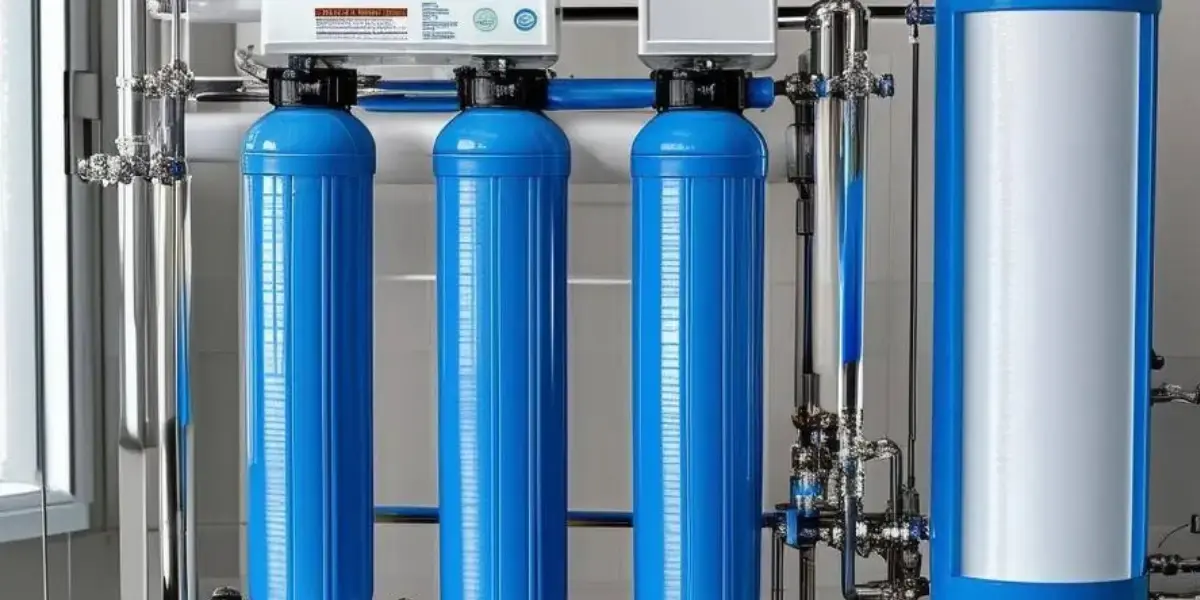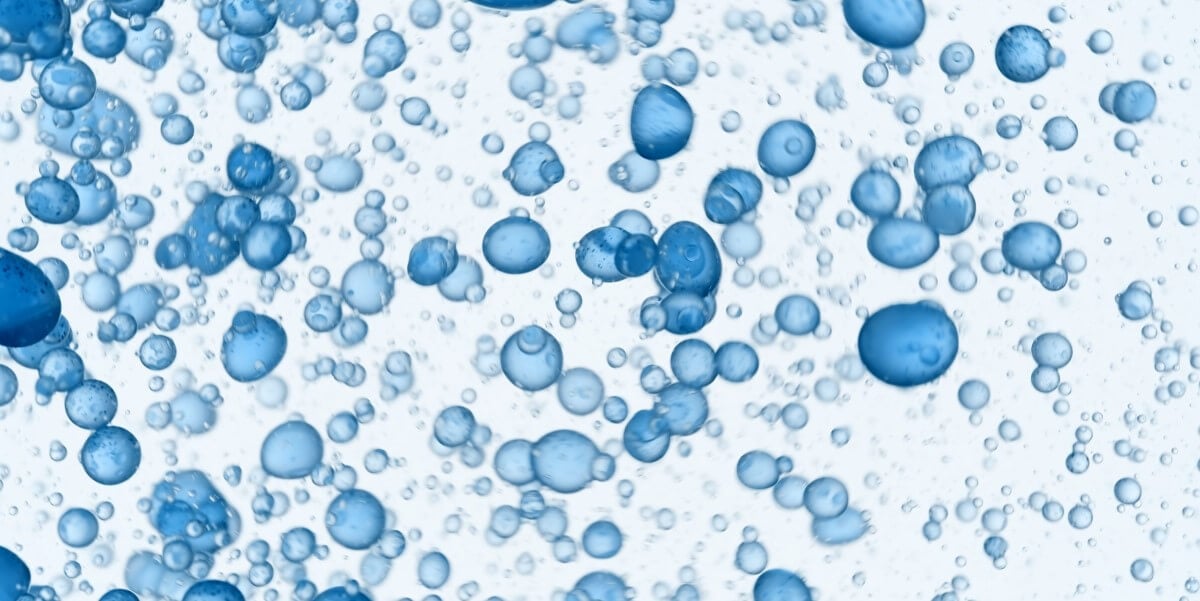Water efficiency - 3 top tips for care home operators
Water and energy efficiency is a key consideration in almost any industry – but it’s particularly relevant to the care sector, where energy and water are an essential resource that plays a key role when caring for the elderly or the vulnerable. Conservation of both are the key to reducing costs of operation and helping to meet all of our environmental targets.
According to the latest research by Future Care Capital, there are 15,661 care homes in the UK with a total of 465,545 beds. With the average person using around 140 litres of water a day – that’s over 65 million litres of water – a significant consumption figure. It would be irresponsible of the industry not to try and conserve as much water as possible, reduce usage and in the process reduce costs too.
It’s becoming an urgent issue too – at a conference last year, the head of the Environment Agency, Sir James Bevin, warned that the UK will not have enough water to meet demand by the year 2050. This is partly due to two main factors – climate change and increasing demand. He noted that we all have to do our bit, “The fact is that we won’t have long term water security unless all of us change our behaviour. We all need to use less water and use it more efficiently. Part of this is about technological innovation, to develop machines and processes that use less water better.”
So what can care home operators do to increase energy and water efficiency when faced by the constraints of budgets and the need to maintain a constant supply of water?
Here are three ways care homes can help to reduce their water footprint:
Keep your boiler regularly serviced
A boiler is one of the main energy users in a care home, but we only tend to notice the crucial role it plays if it stops working. However, even a minor inefficiency in the boiler system can lead to energy and potentially water wastage – both of which incur unnecessary costs. It may be working, but is it as efficient as it could be?
Several issues can affect a boiler and make it less efficient, leading to higher emissions, bigger bills and a negative effect on the environment. Corrosion, sludge and scale deposits are all seemingly small annoyance, but just a millimetre of scale build-up can lead to a 10% heat loss and the boiler has to work harder, consuming more energy, to maintain the same required level of heat.
A schedule of regular maintenance will ensure that any issues are spotted early, and suitable actions are taken to treat any corrosion, scale deposits or sludge, keeping the boiler running efficiently, reliably and sustainably. You water management provider should be able to provide this service as part of their package.
Maintaining the boiler regularly will keep it efficient and cost-effective.
Assess your water system for safety and sustainability
There is a legal duty to ensure that any water system is assessed for the risk of Legionella – the bacteria that causes Legionnaires’ disease. One of the highest at-risk groups are the elderly, but anyone with underlying health issues could be susceptible to this potentially fatal disease.
The bacteria are microscopic and can be hard to detect and remove, so prevention is a major goal for anyone managing a water system. Legionella multiplies in poorly-maintained systems and where temperatures are not strictly controlled.
A thorough risk assessment has to be carried out and given the range of factors involved it must be undertaken by a fully qualified and competent assessor – and is, therefore, one of the key services your water management provider should undertake.
If the assessment recommends, continuous monitoring should be implemented by your water management provider to ensure that water is stored at the necessary temperature to ensure the bacteria is inhibited, but equally, it needs to be delivered at the point of use at the relevant temperatures so users are not scalded.
As part of this assessment, the system can also be assessed for energy and water efficiency. Each component of the system can be checked for integrity – identifying any leaks or potential for leaks and evaluating each element for optimal efficiency. This will ensure your water usage is kept to a minimum and energy is conserved as much as possible.
Anticipate future issues and aim for prevention
Typically, water systems develop issues over time, sometimes quite a lengthy period can pass without any obvious problems as something builds unseen and then reaches a critical failure point. Monitoring is definitely a key factor in preventing this with an increasing likelihood of remote monitoring through sensors and computer systems installed and operated by water management providers. This form of constant monitoring should help to rapidly identify any issues and correct them quickly – maintaining the system at optimal performance and efficiency – reducing both water wastage and costs.
With the impact that new technology can make in these areas, it's important that any company you work with is aware and making full use of the latest developments in these areas and can offer you the best options going forward.
Tackling the issues around water and energy efficiency can seem like a big task, but a proficient water management provider should be able to work with you to ensure your systems are working at their best and providing peace of mind. Look for a provider that has extensive expertise in the care sector and is actively looking for new, more effective ways to address water and energy efficiency.
Topics: Water Treatment & Hygiene

Written by Jon Greaves
Jon has progressively worked through operational roles, account management, technical management, and senior management roles over the last 16 years within one of the group companies before moving into the role of Water and Air Managing Director. Jon has experience across multiple sectors of water and air compliance, including district energy networks; data centres; healthcare; food and beverage and facilities management. Jon acted as a corresponding steering committee member on CIBSE CP1 – Heat Networks Code of Practice for the UK released in 2020.



